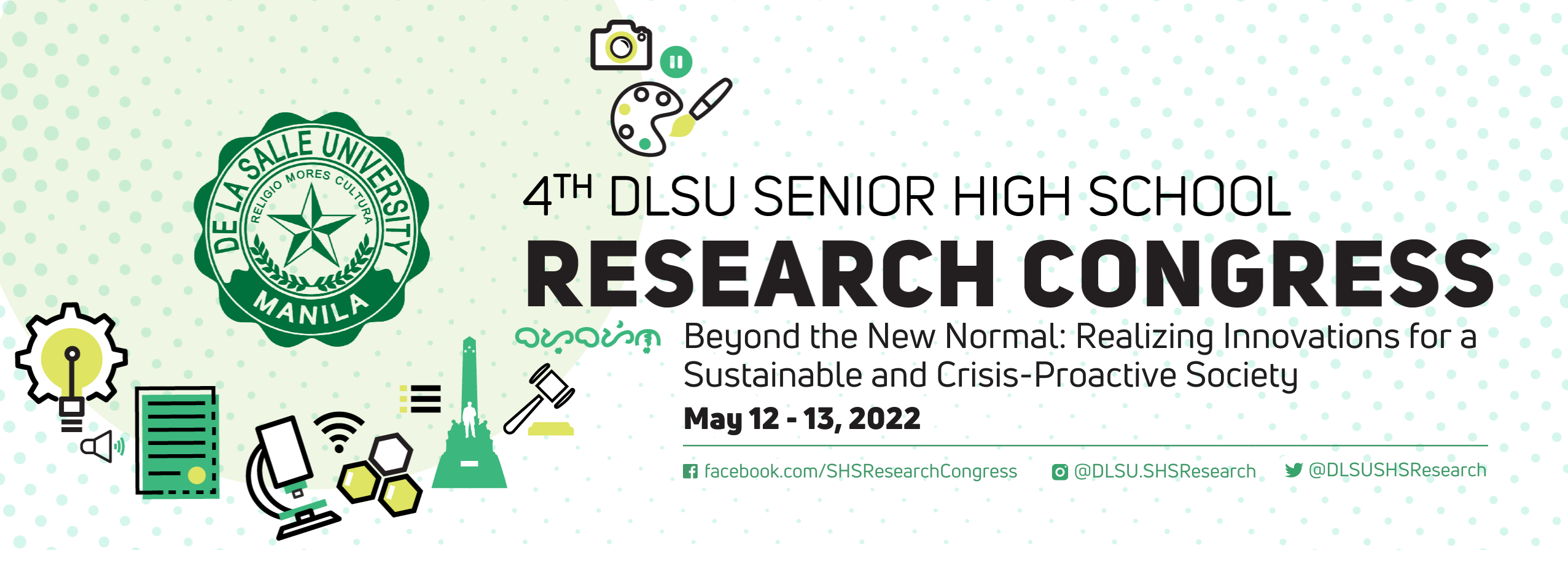Mothering Practices of Filipino Generation Z Mothers: Correlations with their Personal Characteristics and their State of Well-being
Document Types
Paper Presentation
Research Theme (for Paper Presentation and Poster Presentation submissions only)
Gender, Human Development, and the Individual (GHI)
Research Advisor (Last Name, First Name, Middle Initial)
Myla M. Arcinas
Start Date
13-5-2022 8:00 AM
End Date
13-5-2022 10:00 AM
Abstract/Executive Summary
This study aimed to describe authoritative Filipino Generation Z mothers' mothering practices, including their concept of authority, parent-child communication, and reward-punishment practices. Eighty (80) Gen Z mothers, ages 18 to 24, with at least one child, completed a self-administered questionnaire using purposive and snowball sampling. The findings indicated that mothers have highly authoritative parenting styles and very healthy overall well-being. The mother's completed education level showed weak inverse correlations with parent-child communication (r = -0.432, p = 0.000), and concept of authority (r = -0.283, p = 0.011). The mother's monthly income had a weak inverse relationship with her concept of authority (r = -0.269, p = 0.016). Furthermore, the number of household members had weak inverse correlation with parent-child communication (r = -0.227, p = 0.042) and positive correlations with reward and punishment practices (r = 0.437, p = 0.000). Results imply that mothers with a lower level of education value more authority and communication with their children. The findings show weak negative correlations between the mother's concept of authority and social well-being (r = -0.289, p = 0.009), implying that less concern for authority meant better social health. Furthermore, open lines of communication between mother and child have positive effects on their psychological health (r = 0.380, p = 0.001). Rewarding has shown to improve psychological health (r = 0.257, p = 0.021) and overall well-being (r = 0.232, p = 0.038). The results could promote strategies that make Gen Z mothers use effective mothering practices in child-rearing.
Keywords
Generation Z mothers; authoritative mothering practices; well-being; parent-child communication; reward-punishment practices
Mothering Practices of Filipino Generation Z Mothers: Correlations with their Personal Characteristics and their State of Well-being
This study aimed to describe authoritative Filipino Generation Z mothers' mothering practices, including their concept of authority, parent-child communication, and reward-punishment practices. Eighty (80) Gen Z mothers, ages 18 to 24, with at least one child, completed a self-administered questionnaire using purposive and snowball sampling. The findings indicated that mothers have highly authoritative parenting styles and very healthy overall well-being. The mother's completed education level showed weak inverse correlations with parent-child communication (r = -0.432, p = 0.000), and concept of authority (r = -0.283, p = 0.011). The mother's monthly income had a weak inverse relationship with her concept of authority (r = -0.269, p = 0.016). Furthermore, the number of household members had weak inverse correlation with parent-child communication (r = -0.227, p = 0.042) and positive correlations with reward and punishment practices (r = 0.437, p = 0.000). Results imply that mothers with a lower level of education value more authority and communication with their children. The findings show weak negative correlations between the mother's concept of authority and social well-being (r = -0.289, p = 0.009), implying that less concern for authority meant better social health. Furthermore, open lines of communication between mother and child have positive effects on their psychological health (r = 0.380, p = 0.001). Rewarding has shown to improve psychological health (r = 0.257, p = 0.021) and overall well-being (r = 0.232, p = 0.038). The results could promote strategies that make Gen Z mothers use effective mothering practices in child-rearing.


